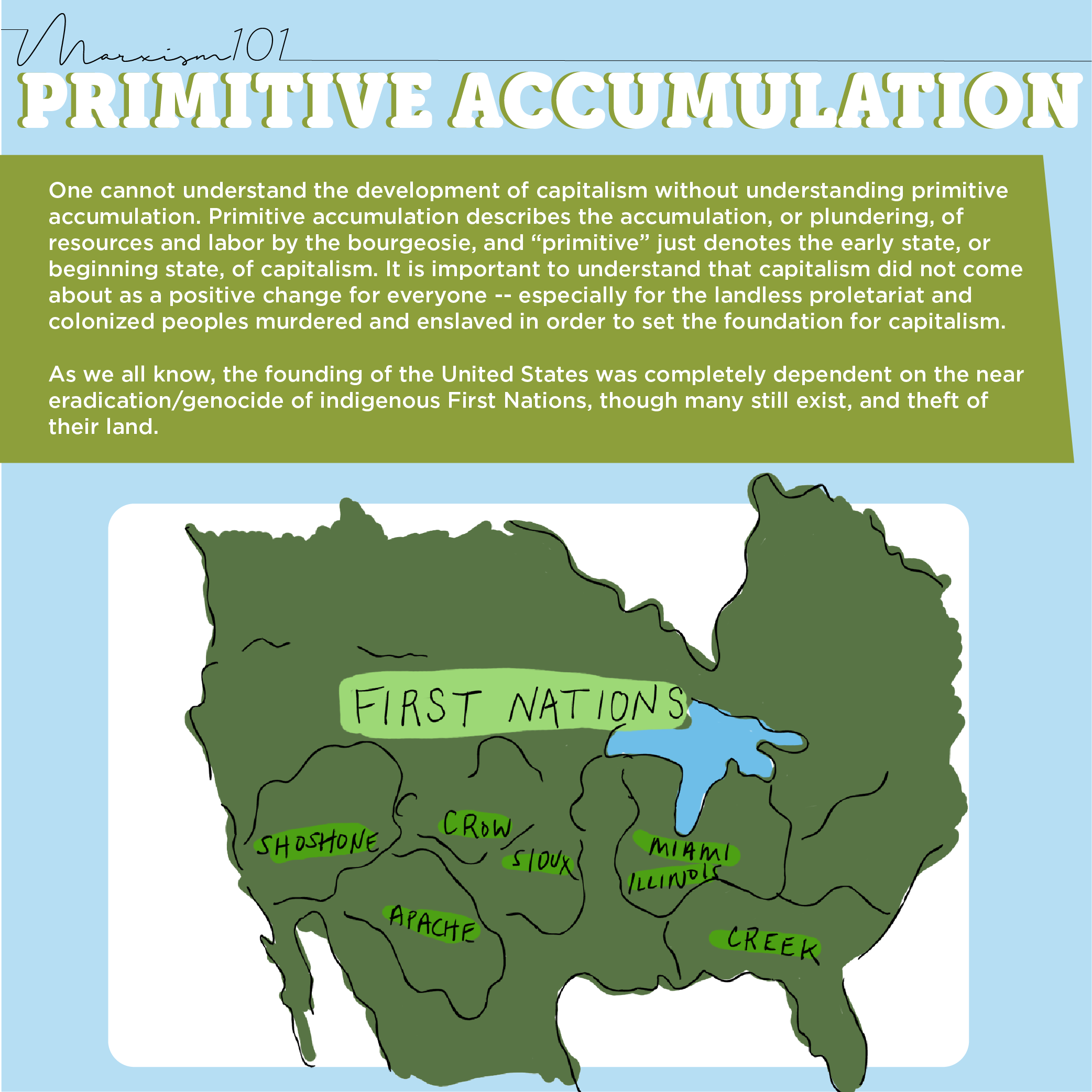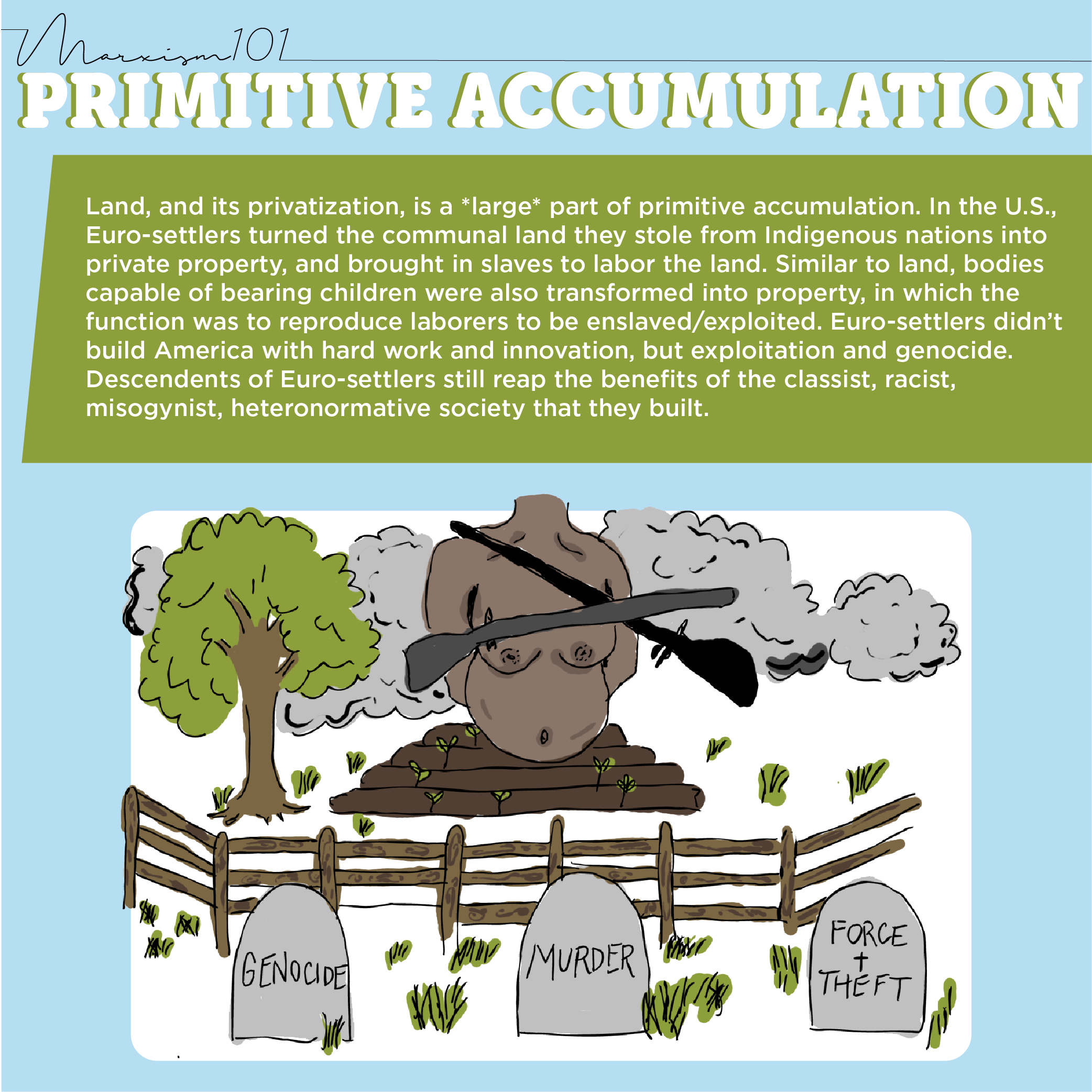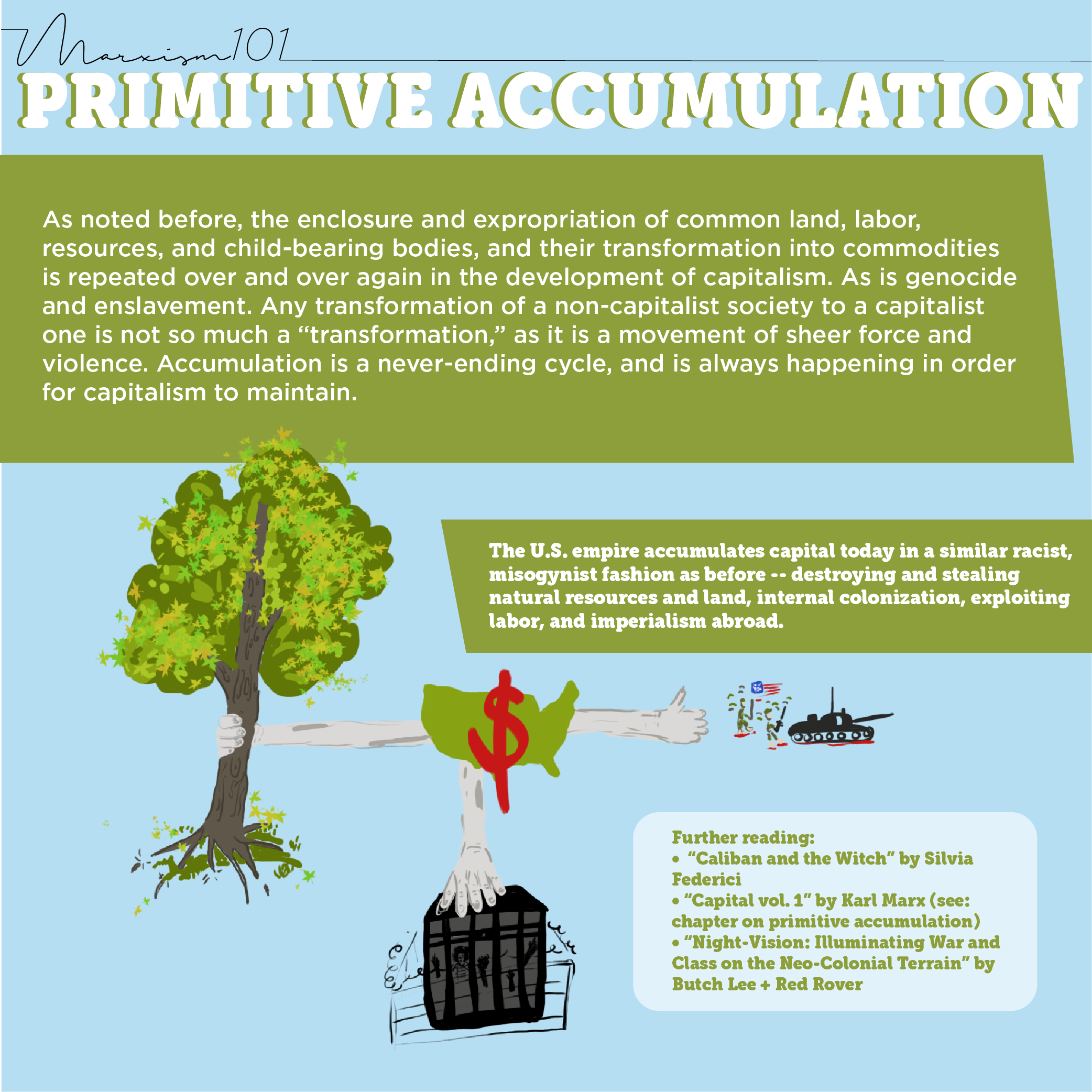Against the Movementism of #MeToo, Against Erasure of Gender in Anti-Capitalist Organizing
this is a piece by one of our members, not a collective piece
Our current moment regarding Brett Kavanaugh and #MeToo provides us with a strikingly naked example of the kinds of men and women who make up our government and “prestigious” positions of power, and how people view women and gender-based violence. This is upsetting -- as a woman, as someone who has experienced gender-based violence and abuse, as an organizer -- it is sobering and heavy to have the message, “this doesn’t matter, we don’t care,” driven so forcefully. Similarly, I have had responses from comrades regarding an instance of being entirely depoliticized, sexualized, objectified, and harmed by another comrade, who I loved dearly, that essentially said the same thing -- “this doesn’t matter, we don’t care” (cloaked in better rhetoric). I find it important and necessary to use my own and current events to engage with how such situations today are continuations of history, and understanding this, engaging with how we move forward.
The erasure of gender-based violence, and gender oppression in organizing spaces is often swept under the rug in the name of focusing on the “real” issues, things that really matter, like imperialism and race. Equally insufficient (when in isolation), I see organizations doing invaluable work surrounding cases and issues of gender-based violence, police, and prisons while highlighting systemic causes, but failing to communicate a coherent vision of mass building and organization. Both approaches to organizing seek to solve capitalist exploitation and harm in a non-holistic sense, attacking the same beast while often failing to see so or recognize each other.
We need organizations and a mass movement that addresses the interconnectedness of gender, race/nation, and capitalist-imperialism. These do not exist in isolation from one another, therefore we cannot organize in ways that suggest they do. Our revolutionary organizations need to address how women, non-binary, and LGBTQ comrades are harmed by capitalist gender relations, how people of oppressed nationalities are harmed by euro-settlerism and euro-imperialism, and why capitalism creates and depends on such violence. Only then can we move forward, away from the movementist tendencies, characterized by issue-based mass movement organizing that lacks a totalizing vision of the problem or how to solve it, of organizations and movements, such as #MeToo, focusing on gender-based violence and/or prison abolition, and away from the harmful erasure of gender oppression by anti-capitalist organizers across the board.
Regardless of whether erasure of gender and gender-based violence in organizing spaces is due to misogynist bias or lack of understanding of capitalist gender relations (I think it is often both), it needs to be confronted. Our revolutionary organizations and movement against capitalist-imperialism need to share a common understanding of women’s oppression rooted in historical materialist analysis. Simply put by Engels in “Origin of the Family, Private Property, and the State, “the first class opposition that appears in history coincides with the development of the antagonism between man and woman in monogamous marriage, and the first class oppression coincides with that of the female sex by the male.” The development of class society exacerbated and created stratified relations, which resulted in systematic patriarchal rule and the positioning of women as internal colonies, “a nuclear family and a woman maintained by a male ‘breadwinner,’” as defined by Maria Mies, in societies capitalism had infected.
This was not a peaceful process, and is still not a peaceful process. Bloodshed, violence, and force are the pillars upon which women were/are molded into capitalist gender relations, embodied by submissivity and passivity, generally. Gender norms are absolutely racialized and many women forced into submissivity and passivity are demonized and exist under a narrative of aggression. Gender norms are still implemented through interpersonal and institutional violence today. One very relevant example to IDOC Watch’s work, in particular, being that women’s prisons instill gender norms and relations of domesticity through jobs and vocational opportunities, such as cooking, cleaning, and cosmetology, whereas the jobs and vocational programs in men’s facilities look drastically different, because men’s facilities are perpetuating gender relations as well. This in of itself may not appear as violence, and appears as a positive thing. Prisoners are getting experience and activity while incarcerated, rather than sitting in their cells all day, which is good in theory, but this distinction of opportunities in facilities is an effect of and highlights the larger function prisons have of maintaining capitalist-imperialism and neo-colonialism, all of which is violent. In reality, these are opportunities for women and anyone in women’s facilities to learn the domestic skills and labor they’re expected to do when/if they are released, and the poor compensation they receive, if any, at least will prime them for the value their labor will be given in society. It is important to note that many trans men and women and gender non-conforming prisoners are placed into facilities based on their gender assigned at birth, rather than the gender they are. This is another example of the ways that capitalism has forced violent gender norms onto people, how prisons reinforce them, and why gender non-conforming, trans, and queer people are more affected by prisons and police.
Capitalism relies on women’s domestic labor, which is ingrained in us to do through norms and institutions like prisons, and the societal erasure of this labor. If we view women as internally colonized people, we understand that women’s exploitation and societal erasure of much of our labor has an economic function. As Silvia Federici put a bit more eloquently, “If it is true that in capitalist society sexual identity became the carrier of specific work-functions, then gender should not be considered a purely cultural reality, but should be treated as a specification of class relations.” Gender is just a vehicle for class exploitation, but that is not to be dismissive of the reality and complication of gender, nor is it prioritizing class over gender. One form of exploitation is not possible without the other. The accumulation of unpaid reproductive and domestic labor is a part of the constant cycle of primitive accumulation, on which Silvia Federici and Maria Mies both have done a fantastic job writing about, and is reinforced through gendered violence. Such violent reinforcement can look like domestic abuse, assault, rape, police brutality, criminalizing survivors of abuse, criminalizing poverty, and more, and is compounded for women and gender-nonconforming people who do not fall within the gender binary and/or are not conforming to gender norms, and women of oppressed nationalities. Here, Maria Mies sums this up:
“Violence against women and extracting women's labour through coercive labour relations are, therefore, part and parcel of capitalism. They are necessary for the capitalist accumulation process and not peripheral to it. In other words, capitalism has to use, to strengthen, or even to invent, patriarchal men-women relations if it wants to maintain its accumulation model. If all women in the world had become 'free' wage-earners, 'free' subjects, the extraction of surplus would, to say the least, be severely hampered.”
I have been thinking a lot about the ways in which gendered violence reinforces the process of primitive accumulation, which inspired me to read Maria Mies’ “Patriarchy and Accumulation on a World Scale,” and to write this piece. Especially seeing and hearing the responses regarding Brett Kavanaugh violently raping Dr. Christine Blasey Ford as a teenager. As I stated at the beginning of this, our current moment provides us with a strikingly naked example of the kinds of men and women who make up our government, but it should not be surprising warranted the genocidal foundation of this country. Regarding anyone who occupies a position of power within the United States government, bias and prejudice an individual holds is not particularly relevant to the actual duties our elected officials do, and have done. Imperialism, slavery, colonialism, and genocide of all kinds has always been perpetuated legally by government officials, after all, that is their job, and to think this has changed is unfounded. It should also not be surprising because this is not the only gendered harm Kavanaugh causes. He does much more far-reaching and systematic violence as a judge every day, enacting the misogynist, racist, and classist law. I wonder how many women he has incarcerated for defending themselves from their abusers, or how many women he’s incarcerated for crimes of economic necessity, or drug use, which, for women, overwhelming stems from coping from abuse they’ve experienced. Is this not bad enough to be angry about? I am angry that he and many other men and women are not criticized for their day-to-day violence as judges and other elected official positions. It is positive that people are angry about Kavanaugh’s abusive history, but I am dismayed that many of these same people fail to be upset about the gendered and racialized violence anyone who fills that position is going to enact, whether it’s Kavanaugh or not.
In order to respond to this, and similar incidents in the future, we cannot have movementist ideals that “#MeToo” will somehow change our fundamentally misogynistic society. As prison abolitionists, we cannot use this moment to simply call for people to engage in transformative justice rather than calling the police. We do need alternatives to prisons and policing, but doing so isolated from a larger movement against capitalist-imperialism is short-sighted. And vice-versa, calling for a movement to smash imperialism without engaging with or outright dismissing gender and without creating material, tangible ways we can help one another reduce violence is short-sighted. Our organizations and lines need to be pushing forward a movement to smash imperialism, a movement that recognizes that euro-imperialism is the highest form of patriarchy, therefore is not separate from gender issues. We need to be doing, or support folks who are doing, the invaluable work of supporting women, and all affected by gender-based violence, and not just white/euro women, who defend themselves from their abusers -- their Kavanaughs -- while building tangible ways of dealing with violence, and calling for a larger unified class struggle. As we continue to grow and organize, I hope to see IDOC Watch be an organization that is actively tying in people’s personal experiences with prisons and policing to a larger struggle against imperialism, that is not dismissive, and recognizes the interconnected nuances of class, gender, and race/nation.
"In a contradictory and exploitative relationship, the privileges of the exploiters can never become the privileges of all. If the wealth of the metropoles is based on the exploitation of colonies, then the colonies cannot achieve wealth unless they also have colonies. If the emancipation of men is based on the subordination of women, then women cannot achieve ‘equal rights’ with men, which would necessarily include the right to exploit others. Hence, a feminist strategy for liberation cannot but aim at the total abolition of all these relationships of retrogressive progress. This means it must aim at an end of all exploitation of women by men, of nature by man, of colonies by colonizers, of one class by the other.
As long as exploitation of one of these remains the precondition for the advance (development, evolution, progress, humanization, etc.) of one section of people, feminists cannot speak of liberation or ‘socialism.’"
-Maria Mies




